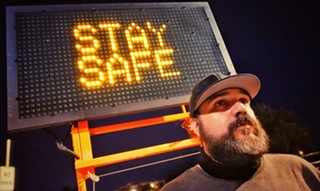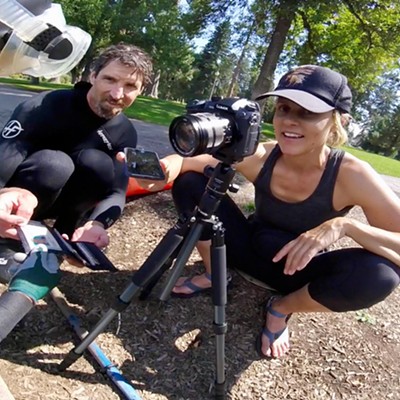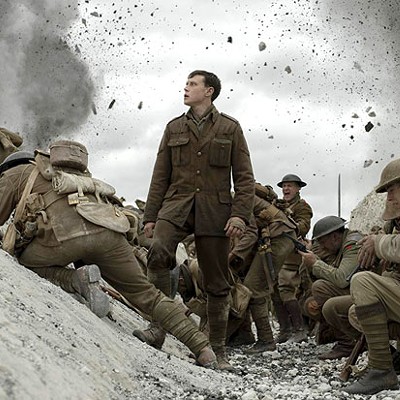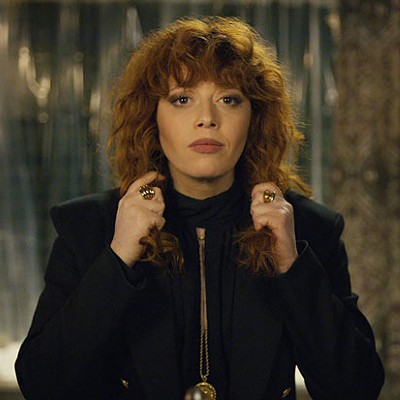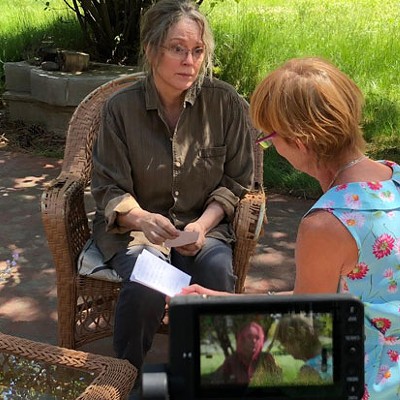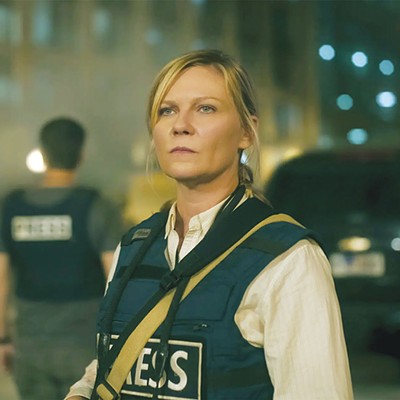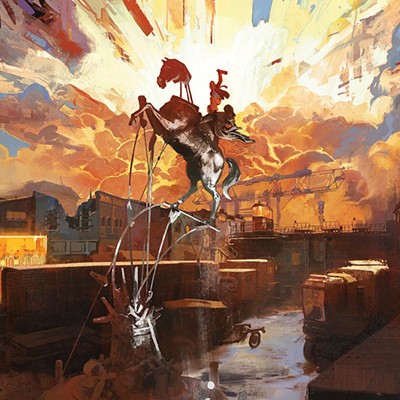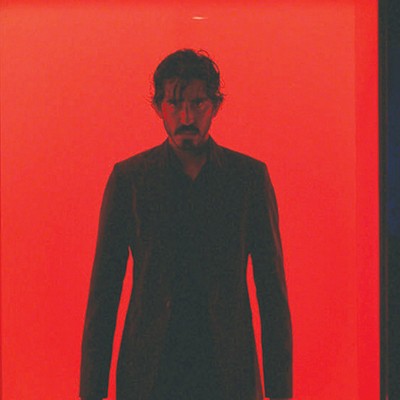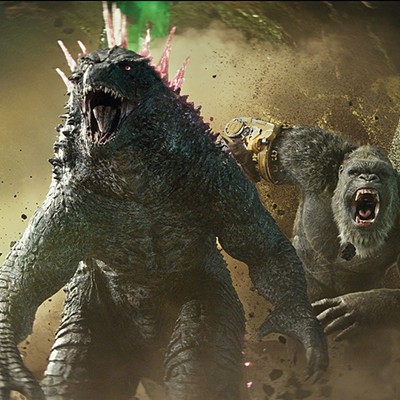What do you get out of horror movies? The joy of a mild little spook that gets the heart racing and puts a smile on the lips? Or is it a love of something a little heavier, like watching something so disturbing that the world doesn't look as shiny as it did the day before?
When Stephen King first started writing, his books coasted a darkness so profound in depth that he could cause readers to look at normal everyday things (like cars, dogs or prom) with a hefty bit of side-eye. The light at the end of the tunnel was just more pitch-black terror, gibbering at you to come closer.
After he was hit by a minivan in 1999, his work became more hopeful; fused to an almost Spielbergian sense of wonder and nostalgia. Look at later, warm-hearted books like "11/22/63" or "End of Watch" and compare them to earlier nightmares like "Pet Semetary" or ""The Long Walk." I hate to say this, but the master of horror has gone a little soft.
"Doctor Sleep" is King at his warm and fuzziest. The book from 2013 is a direct sequel to "The Shining," following the grown-up Danny Torrance, a drunken drifter trying to smother his shine at any cost. He gets tied to a sweet young girl named Abra, who's being hunted by a group of psychic vampires called the True Knot, who feed off of the shine of children.
Current horror wunderkind Mike Flanagan has tackled King before with his adaptation of "Gerald's Game"—directing something that felt like King, but with loftier literary ambitions than Shirley Jackson's "The Haunting of Hill House." With his adaptation of "Doctor Sleep" he manages to fix every issue I had with the book, while still falling prey to a few of its pitfalls.
First of all, many props to Flanagan for even attempting to adapt this book, since Kubrick's film version of "The Shining" is considered to be one of the finest horror movies of all time. It's also a movie of which Stephen King is not a big fan. See, "Doctor Sleep" is obviously a sequel to the book, "The Shining," which is very different from the film—including a very different ending.
Flanagan impressively manages to make a movie that serves as a sequel to King's book, but also exists in the same universe as the iconic movie. Flanagan and team also lovingly and painstakingly re-create the Overlook Hotel; plus, Ewan McGregor is an instantly compelling grown-up version of Danny. Rebecca Ferguson brings to life the chillingly evil villain Rose the Hat.
As beautiful as the movie is to look at and as entertaining as it is from start to finish, "Doctor Sleep" shares the same fatal flaw as the book: it's just not scary. It's too logical and too safe. Kubrick's film (and King's original book) carried an otherworldly madness into the Overlook, but in "Doctor Sleep" the hotel is just a plot point treated like any old haunted house.
Don't get me wrong: I really like several of King's newer books (especially the little-read 2014 masterpiece, "Revival"), but they don't hold a candle in the fear department to his earlier work. "Doctor Sleep" (the book and movie) will be remembered as a solid but unremarkable sequel to "The Shining" from one of the greatest horror writers of our time. If what you're after is a mild spook and a few laughs, then look no further, but if you like your dread existential and disturbing, just rewatch "Midsommar" like I did.


